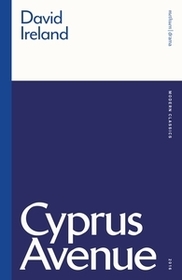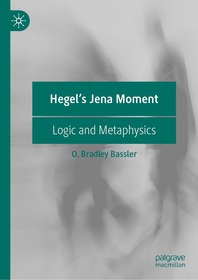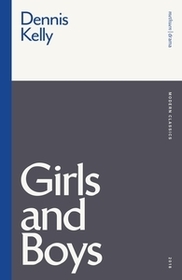
Modern Hungarian Political Thought
Ideologies and Traditions
-
12% KEDVEZMÉNY?
- A kedvezmény csak az 'Értesítés a kedvenc témákról' hírlevelünk címzettjeinek rendeléseire érvényes.
- Kiadói listaár EUR 149.79
-
62 125 Ft (59 167 Ft + 5% áfa)
Az ár azért becsült, mert a rendelés pillanatában nem lehet pontosan tudni, hogy a beérkezéskor milyen lesz a forint árfolyama az adott termék eredeti devizájához képest. Ha a forint romlana, kissé többet, ha javulna, kissé kevesebbet kell majd fizetnie.
- Kedvezmény(ek) 12% (cc. 7 455 Ft off)
- Kedvezményes ár 54 670 Ft (52 067 Ft + 5% áfa)
Iratkozzon fel most és részesüljön kedvezőbb árainkból!
Feliratkozom
62 125 Ft

Beszerezhetőség
Megrendelésre a kiadó utánnyomja a könyvet. Rendelhető, de a szokásosnál kicsit lassabban érkezik meg.
Why don't you give exact delivery time?
A beszerzés időigényét az eddigi tapasztalatokra alapozva adjuk meg. Azért becsült, mert a terméket külföldről hozzuk be, így a kiadó kiszolgálásának pillanatnyi gyorsaságától is függ. A megadottnál gyorsabb és lassabb szállítás is elképzelhető, de mindent megteszünk, hogy Ön a lehető leghamarabb jusson hozzá a termékhez.
A termék adatai:
- Kiadás sorszáma 2024
- Kiadó Springer Nature Switzerland
- Megjelenés dátuma 2024. november 1.
- Kötetek száma 1 pieces, Book
- ISBN 9783031737602
- Kötéstípus Keménykötés
- Terjedelem355 oldal
- Méret 210x148 mm
- Nyelv angol
- Illusztrációk X, 355 p. 1 illus. Illustrations, black & white 708
Kategóriák
Hosszú leírás:
This book introduces the reader into the discursive political pluralism of modern Hungary, roughly from the mid-19th century, with a particular emphasis on the spectrum of contemporary political thought. The book relies on Michael Freeden’s method of ideology analysis, focusing on concepts, principles, values, as well as interrelations, but it puts a greater emphasis on nonverbal traditions as bearers of political thought to explain how political pluralism can subsist in periods of dictatorship. Through this analysis, the authors demonstrate how and why contemporary Hungarian political pluralism is a reflection both on the current trends in Western political thought and on its own past.
TöbbTartalomjegyzék:
Chapter1: Introduction.- Chapter 2: Liberalism, Libertarianism, Republicanism.- Chapter 3: Conservatism.- Chapter 4: Marxism, Anarchism, Feminism, Critical Theory, Communitarianism.- Chapter 5: Népi-Populism.- Chapter 6: National Radicalism, Radical Conservatism, National Socialism, and Traditionalism.- Chapter 7: Religion and Political Thinking in Hungary.
Több







